Net zero: the looming 'energy gap'
UK has made strides in decarbonising electricity supply but government has few plans to expand capacity
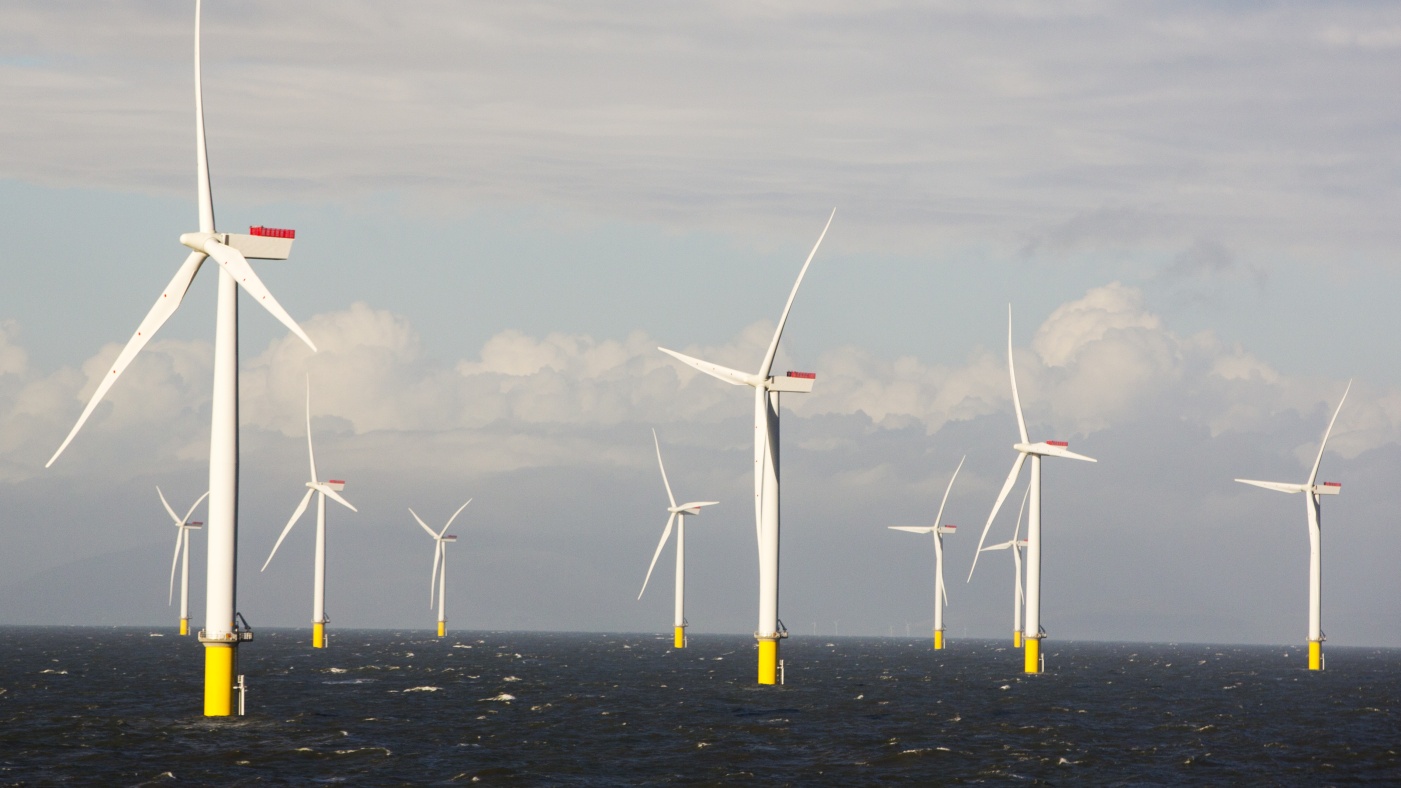
A free daily email with the biggest news stories of the day – and the best features from TheWeek.com
You are now subscribed
Your newsletter sign-up was successful
Forget all the talk about cars, recycling bins and whether or not we'll be taxed for eating meat, said Robert Colvile in The Sunday Times. The key question when it comes to Britain's net-zero ambitions is whether we'll be able to generate enough power.
If we're going to switch to electric cars and use heat pumps to warm our houses, that means taking "arguably the two biggest chunks of energy demand in the UK and hooking them up to the grid, at the same time", he wrote. That's a tall order as things currently stand.
The UK has been great at decarbonising its electricity supply, but poor at making long-term plans to expand capacity. An "infamous" clip from 2010 shows Nick Clegg explaining that he doesn't support a new nuclear project because it won't come on stream until "2021 or 2022".
The Week
Escape your echo chamber. Get the facts behind the news, plus analysis from multiple perspectives.

Sign up for The Week's Free Newsletters
From our morning news briefing to a weekly Good News Newsletter, get the best of The Week delivered directly to your inbox.
From our morning news briefing to a weekly Good News Newsletter, get the best of The Week delivered directly to your inbox.
'Already struggling to meet existing needs'
To have any hope of meeting the net-zero target, we'll have to massively increase both our electricity supply and our transmission infrastructure, which won't be cheap. Take the "Holistic Network Design", the plan for rewiring the grid to accommodate 50GW of offshore wind by 2030. The estimated cost is nearly £54 billion – "not for the turbines; just for the wiring".
The government's energy strategy predicts that we'll need twice as much electricity by 2050 as we use today, said Andrew Orlowski in The Daily Telegraph, but nobody believes that. A minister acknowledged last year that it would probably be closer to "four times". That's alarming, given that we're already struggling to meet our existing needs with the help of dependable hydrocarbons.
Today, we need over 60GW of electricity in periods of peak demand, which often requires the purchase of surplus energy from other countries. How will we bridge the widening "energy gap" when both we and our European neighbours depend on wind power and other less reliable sources?
Future savings from green investments 'massive'
It's a daunting prospect, said Sonia Sodha in The Observer. Our leaders have shown themselves capable of rising to such challenges in the past: witness the postwar consensus on social housing,which led to the construction of 4.4 million homes in 35 years. Alas, it's hard to see today's politicians doing the same.
A free daily email with the biggest news stories of the day – and the best features from TheWeek.com
The upfront costs of new wind farms, solar farms, nuclear power stations and domestic pumps are formidable, said Sean O'Grady in The Independent. But the future savings from such investments are massive.
If we're willing to stump up the cash, it will bring down energy costs and lend momentum to further green reforms. Rishi Sunak must make the positive case for reform even while being realistic about the scale of the challenge ahead. "The solution to the dilemma isn't just to go easy and postpone everything."
-
 The 8 best TV shows of the 1960s
The 8 best TV shows of the 1960sThe standout shows of this decade take viewers from outer space to the Wild West
-
 Microdramas are booming
Microdramas are boomingUnder the radar Scroll to watch a whole movie
-
 The Olympic timekeepers keeping the Games on track
The Olympic timekeepers keeping the Games on trackUnder the Radar Swiss watchmaking giant Omega has been at the finish line of every Olympic Games for nearly 100 years
-
 Why broken water companies are failing England and Wales
Why broken water companies are failing England and WalesThe Explainer With rising bills, deteriorating river health and a lack of investment, regulators face an uphill battle to stabilise the industry
-
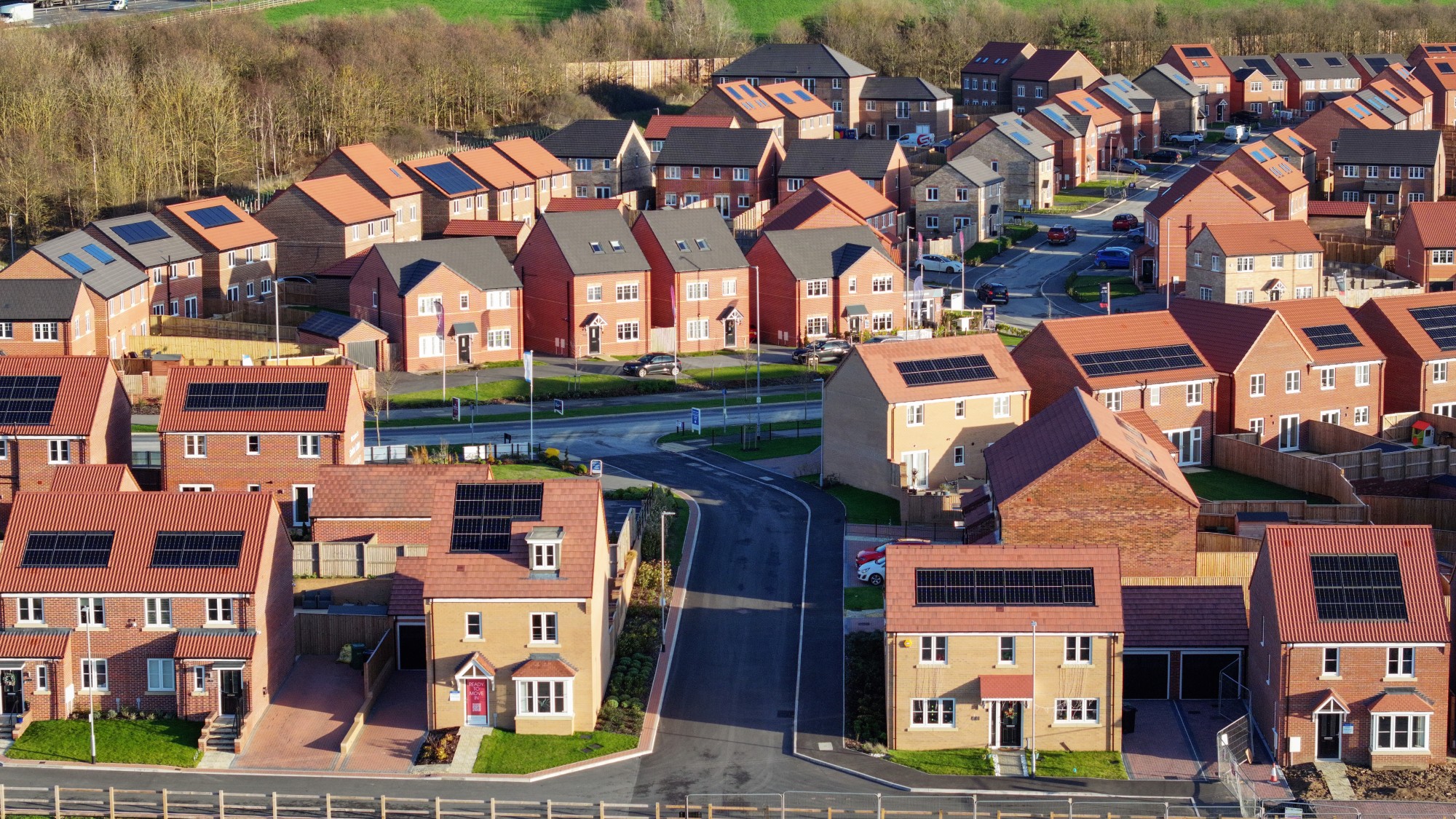 Zero-bills homes: how you could pay nothing for your energy
Zero-bills homes: how you could pay nothing for your energyThe Explainer The scheme, introduced by Octopus Energy, uses ‘bill-busting’ and ‘cutting-edge’ technology to remove energy bills altogether
-
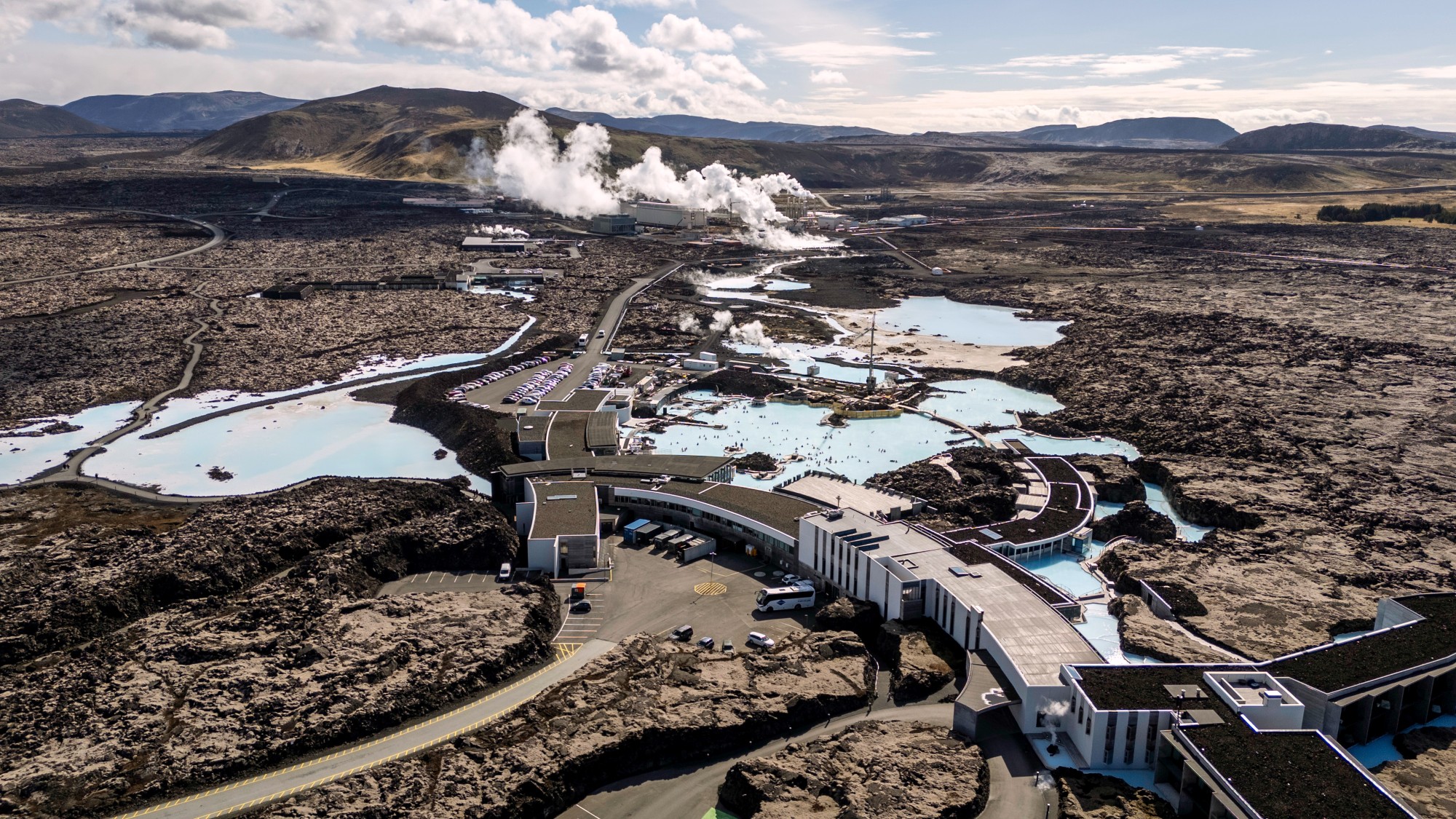 Pros and cons of geothermal energy
Pros and cons of geothermal energyPros and Cons Renewable source is environmentally friendly but it is location-specific
-
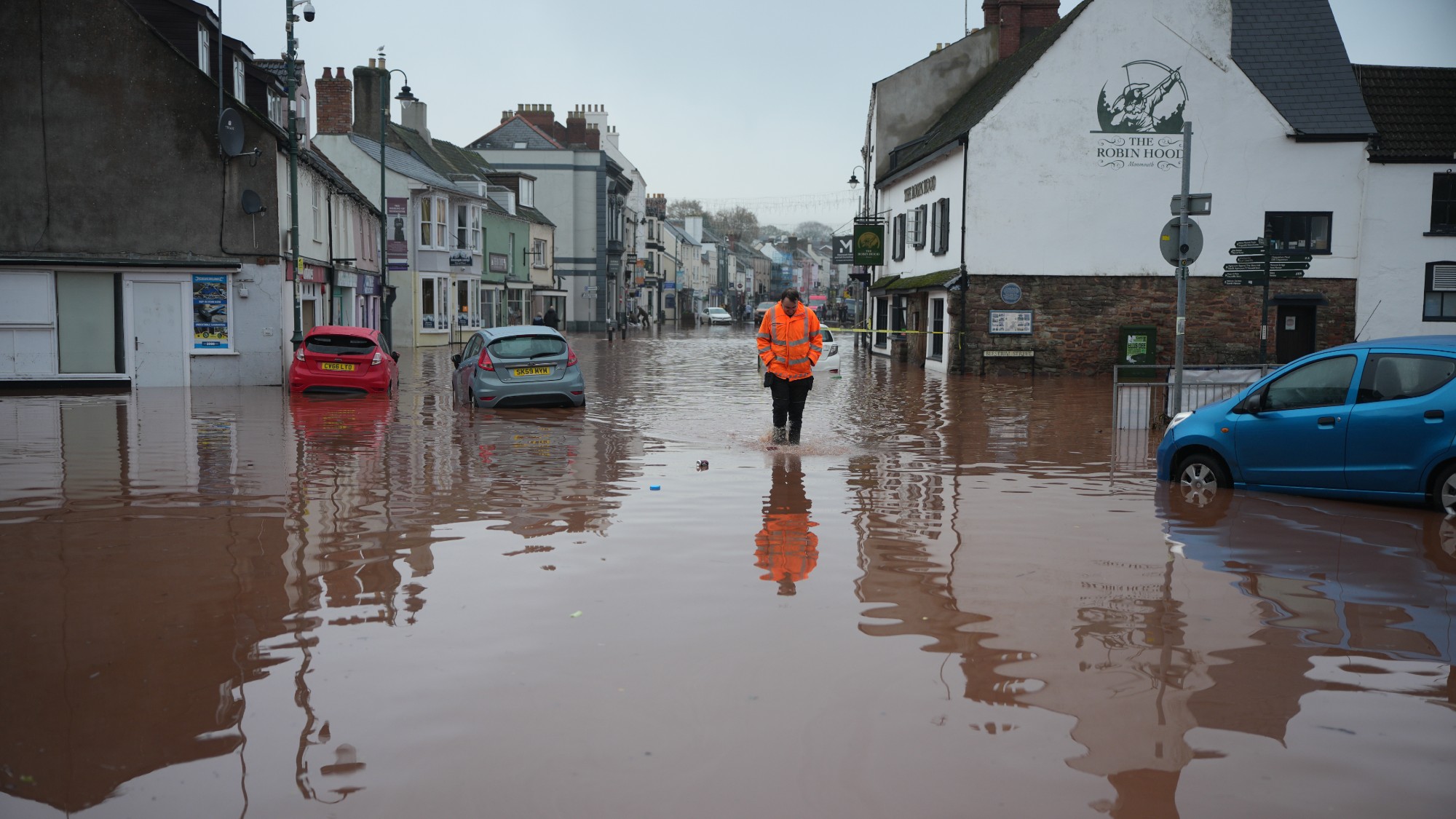 How will climate change affect the UK?
How will climate change affect the UK?The Explainer Met Office projections show the UK getting substantially warmer and wetter – with more extreme weather events
-
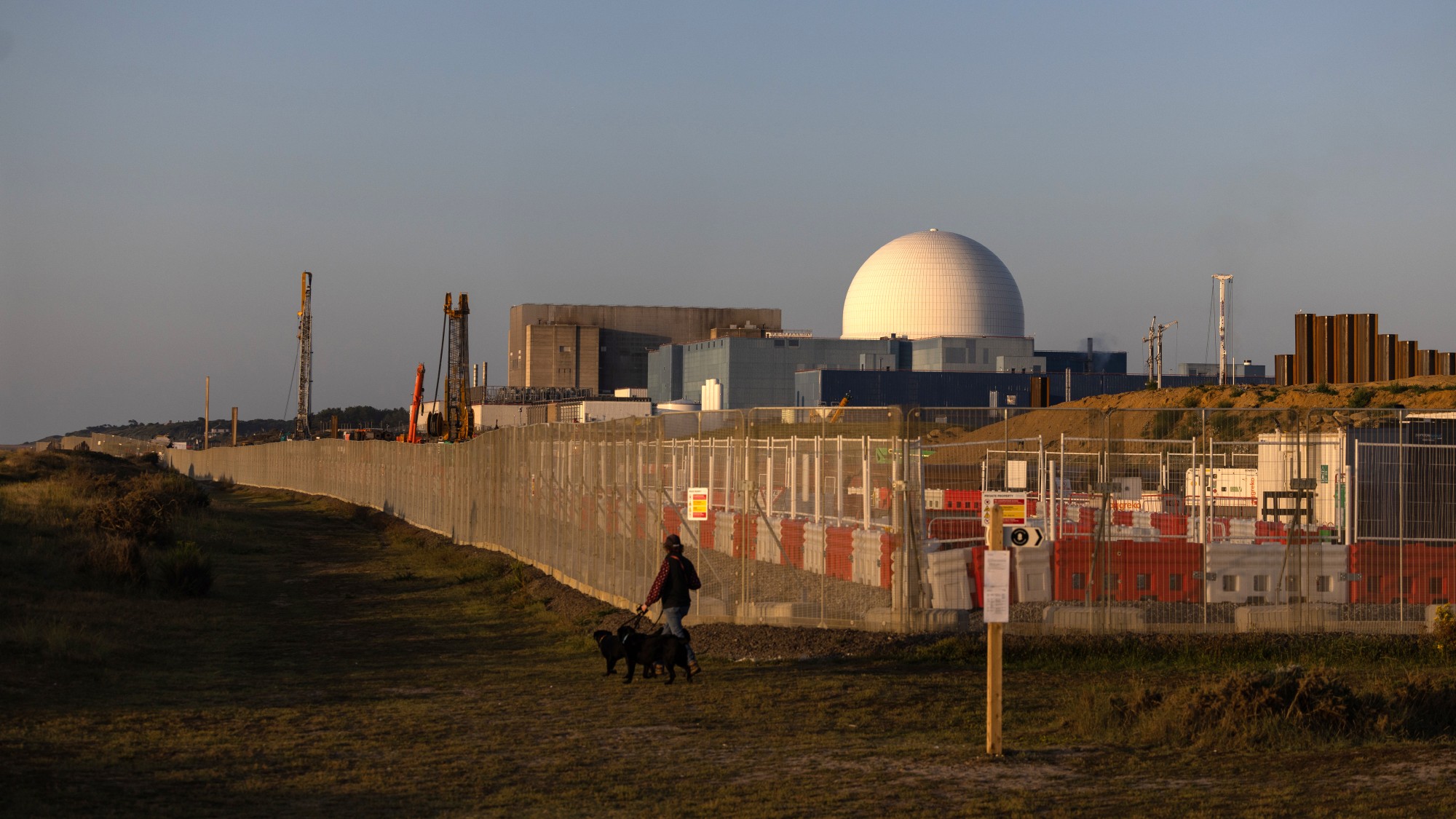 Are we entering a ‘golden age’ of nuclear power?
Are we entering a ‘golden age’ of nuclear power?The Explainer The government is promising to ‘fire up nuclear power’. Why, and how?
-
 Builders return to the stone age
Builders return to the stone ageUnder the Radar With brick building becoming ‘increasingly unsustainable’, could a reversion to stone be the future?
-
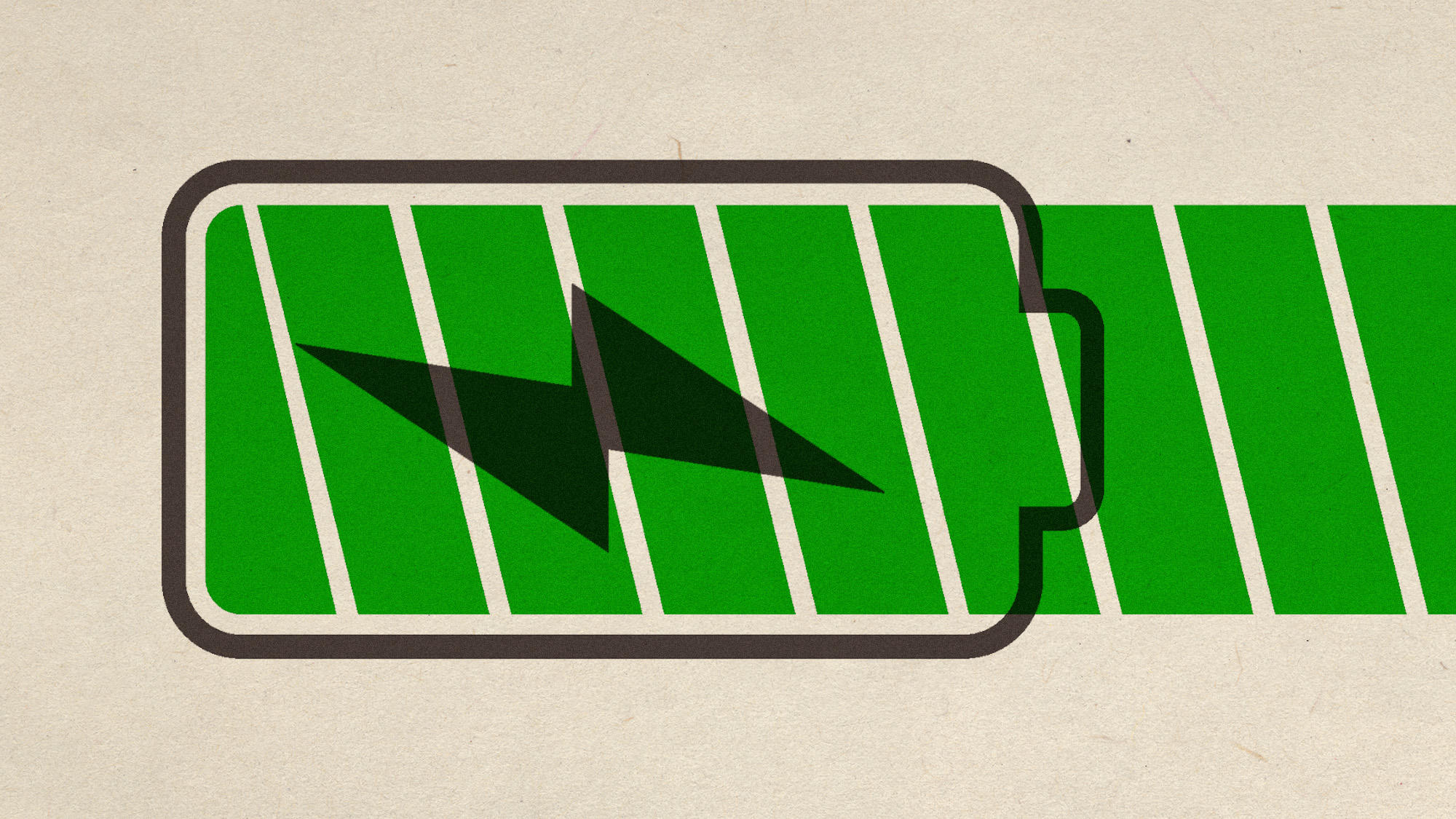 Megabatteries are powering up clean energy
Megabatteries are powering up clean energyUnder the radar They can store and release excess energy
-
 Renewables top coal as Trump seeks reversal
Renewables top coal as Trump seeks reversalSpeed Read For the first time, renewable energy sources generated more power than coal, said a new report